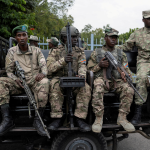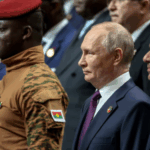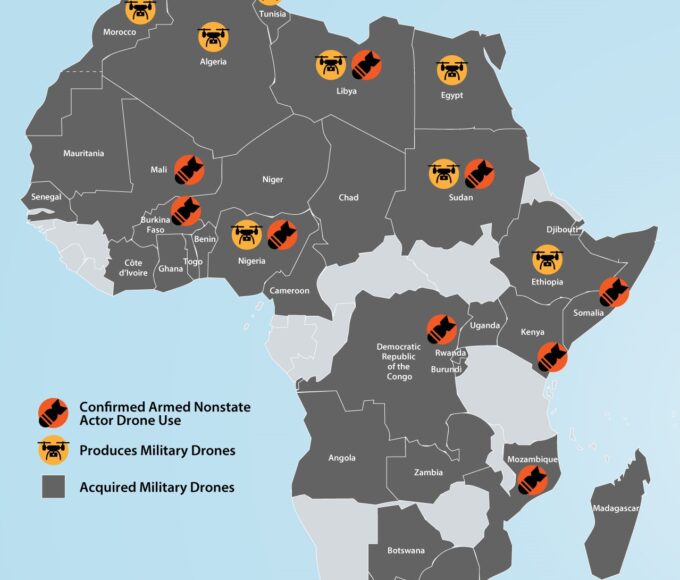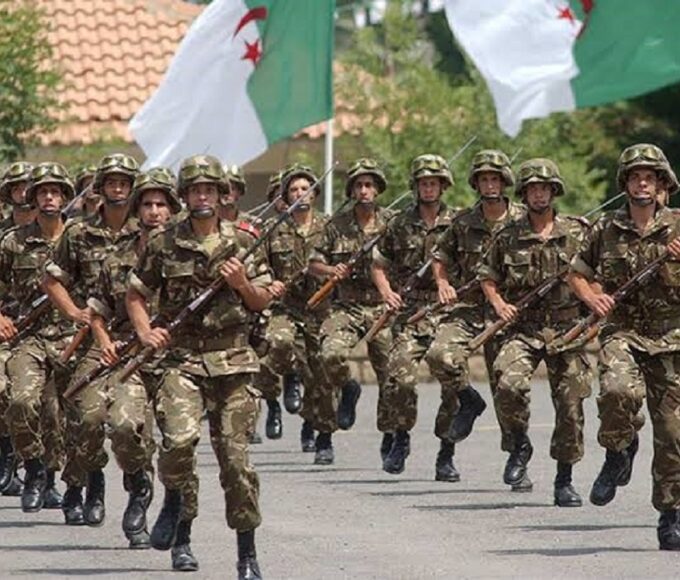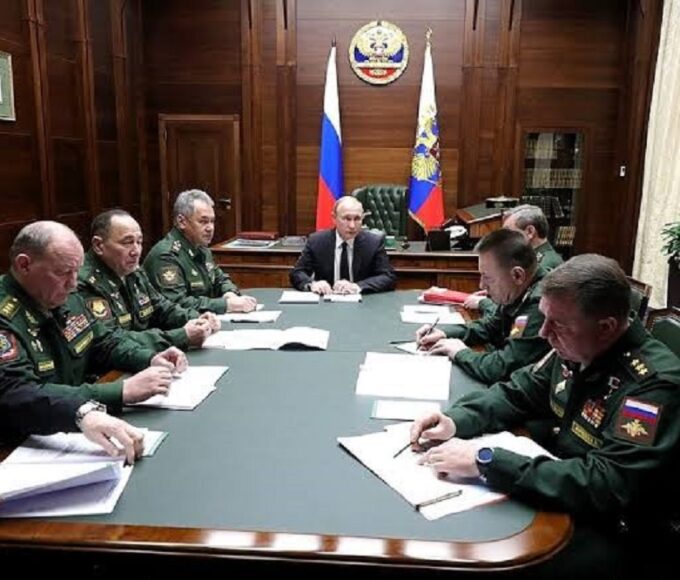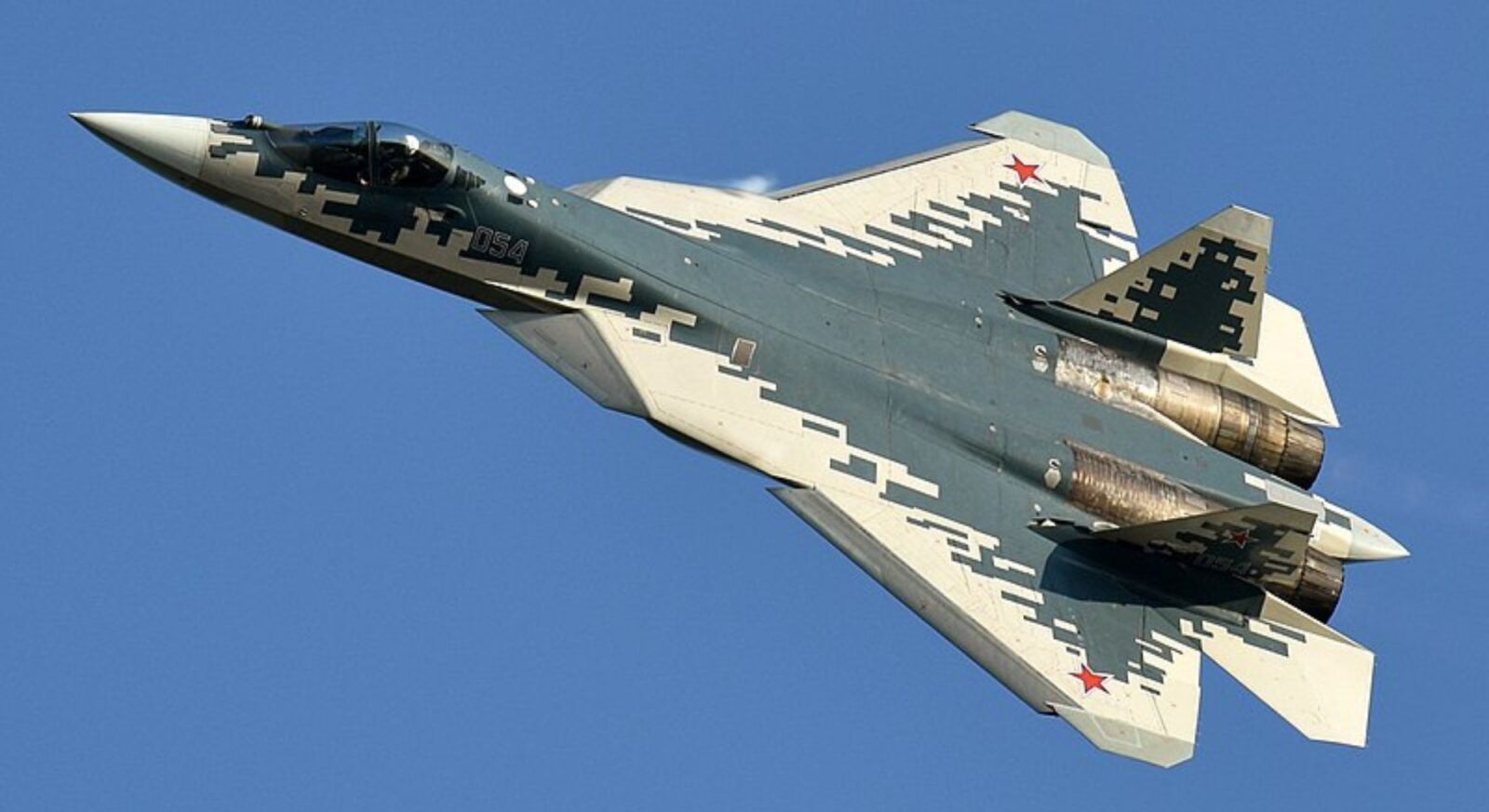
Forging a New Frontier: Rethinking Africa’s Military Doctrine for Modern Conflicts
Africa’s security landscape is evolving rapidly amidst a confluence of internal conflicts, external geopolitical competition, and shifting U.S. policy priorities.
Africa’s security landscape is evolving rapidly amidst a confluence of internal conflicts, external geopolitical competition, and shifting U.S. policy priorities. The continent faces a crisis in traditional conflict management paradigms, necessitating a comprehensive rethinking of military doctrines and strategies. We explore the challenges and opportunities in redefining Africa’s military doctrine to effectively address modern conflicts, emphasising the importance of integrating indigenous conflict resolution methods with international best practices
The Crisis in Existing Conflict Management Approaches
Historically, Africa’s internal conflicts have been managed through predominantly Western-centric frameworks, which often overlook the rich tapestry of traditional African conflict resolution mechanisms. These approaches, rooted in communal dialogue, reconciliation, and customary justice, have proven effective in addressing localised disputes but are frequently sidelined in favour of Eurocentric models that emphasise military force, legal processes, and external mediation.
The efficacy of subregional institutions like ECOWAS demonstrates both potential and limitations. While ECOWAS has intervened in crises in Liberia, Sierra Leone, Gabon, and Cote d’Ivoire, internal cohesion issues and the absence of indigenous conflict mediation structures have hampered sustainable peace efforts. Moreover, regional organisations like the African Union grapple with the “nonintervention” principle, restricting proactive engagement in internal conflicts.
The Impact of External Policy and the Trilemma
The internal frontiers of Africa’s conflicts are further complicated by external policies, notably those of the United States. The “U.S. Africa policy trilemma”—promoting democracy, combatting violent extremism, and engaging great-power rivals—has often resulted in inconsistent and reactionary military strategies. The reliance on Western models, such as peacekeeping and military aid, has frequently failed to address the root causes of conflicts or leverage local peacebuilding traditions.
Furthermore, the rise of China and Russia as influential actors has reshaped the security environment. China’s economic investments bypass political reforms, while Russia’s Wagner Group and other private military contractors deepen military entrenchment, often undermining indigenous conflict resolution and stability efforts. These external influences reinforce a cycle where traditional military doctrines become less effective, and conflicts become more complex and multifaceted.
The African Context: Complexity and Traditional Strategies
The African experience underscores the importance of contextually grounded conflict management. Precolonial West Africa, for instance, was characterised by less violent conflict, attributed to indigenous mechanisms that emphasised community dialogue, reconciliation, and restorative justice. These methods fostered social cohesion and resilience, which proved crucial in post-conflict recovery.
In contemporary Africa, traditional conflict resolution practices—such as the Gacaca courts in Rwanda, the Jirga in Afghanistan, or the Kgotla in Botswana—offer valuable insights. These approaches are inherently participatory, culturally resonant, and rooted in local social orders. They facilitate stakeholder engagement, legitimacy, and long-term reconciliation, often outperforming external interventions that lack local buy-in.
Rethinking Military Doctrine for Modern African Conflicts
A paradigm shift in Africa’s military doctrine should prioritise hybrid strategies that blend indigenous conflict resolution with modern military and peacebuilding tools. Key components include:
- Localisation of Conflict Resolution: Embedding indigenous mechanisms within national peace and security frameworks. This involves training military and police personnel in traditional dispute-resolution methods and establishing community-based mediation centres as part of security operations.
- Hybrid Peacebuilding Models: Combining military force with traditional reconciliation practices, community engagement, and socio-economic development. Such models recognise that sustainable peace requires addressing underlying social, economic, and political grievances.
- Cultural Competency and Legitimacy: Developing doctrines that respect local social orders, cultural norms, and conflict histories. This enhances legitimacy and reduces resistance to peace initiatives.
- Capacity Building and Indigenous Leadership: Strengthening Indigenous conflict management institutions and training local mediators, elders, and religious leaders to lead reconciliation efforts.
- Adaptation to New Threats: Recognising that modern conflicts involve asymmetric warfare, terrorism, and cyber threats, requiring doctrines that are flexible, intelligence-driven, and capable of rapid response while incorporating local knowledge networks.
- Preventive and Proactive Strategies: Moving from reactive military interventions to early warning systems, community dialogues, and social cohesion projects that prevent conflicts from escalating.
The Role of International Support and Policy Reform
International actors, especially the U.S., must recalibrate their strategies to support indigenous conflict management. This includes:
- Supporting Indigenous institutions through funding, training, and policy recognition.
- Encouraging regional cooperation that respects cultural diversity and local social orders.
- Revisiting peacekeeping mandates to include indigenous conflict resolution components.
- Promoting knowledge exchange of successful traditional practices across regions.
Conclusion
Rethinking Africa’s military doctrine for modern conflicts involves embracing a culturally informed, hybrid approach that integrates indigenous conflict management strategies with contemporary security tools. Such a paradigm not only enhances the effectiveness and sustainability of peace efforts but also affirms Africa’s agency in resolving its conflicts. For the United States and other international partners, this shift requires moving beyond Eurocentric models, fostering local leadership, and supporting indigenous social orders—thereby forging a new frontier in Africa’s path toward stability, peace, and development
Recent Posts
Categories
- Air & Aerospace17
- Border Security15
- Civil Security6
- Civil Wars4
- Crisis5
- Cyber Security8
- Defense24
- Diplomacy19
- Entrepreneurship1
- Events5
- Global Security Watch6
- Industry8
- Land & Army9
- Leadership & Training5
- Military Aviation7
- Military History27
- Military Speeches1
- More1
- Naval & Maritime9
- Policies1
- Resources2
- Security12
- Special Forces2
- Systems And Technology9
- Tech6
- Uncategorized6
- UNSC1
- Veterans7
- Women in Defence9
Related Articles
BEST DEFENCE POLICY PAPERS ON AFRICA IN THE LAST DECADE
Between 2016 and 2026, defence policy thinking on Africa shifted in response...
ByKing Richard Igimoh, Group Editor ALOJanuary 26, 2026BEST DEFENCE POLICY PAPERS ON AFRICA IN THE LAST DECADE
Between 2016 and 2026, defence policy thinking on Africa shifted in response...
ByKing Richard Igimoh, Group Editor ALOJanuary 23, 2026THE ALGERIAN WAR OF INDEPENDENCE: TACTICAL LESSONS
The Algerian War of Independence (1954–1962) remains one of the most instructive...
ByKing Richard Igimoh, Group Editor ALOJanuary 22, 2026DEFENCE MINISTERS’ MEETINGS: OUTCOMES THAT MATTER
As geopolitical pressures intensified in 2025, defence ministers’ meetings shifted from routine...
ByKing Richard Igimoh, Group Editor ALOJanuary 21, 2026





